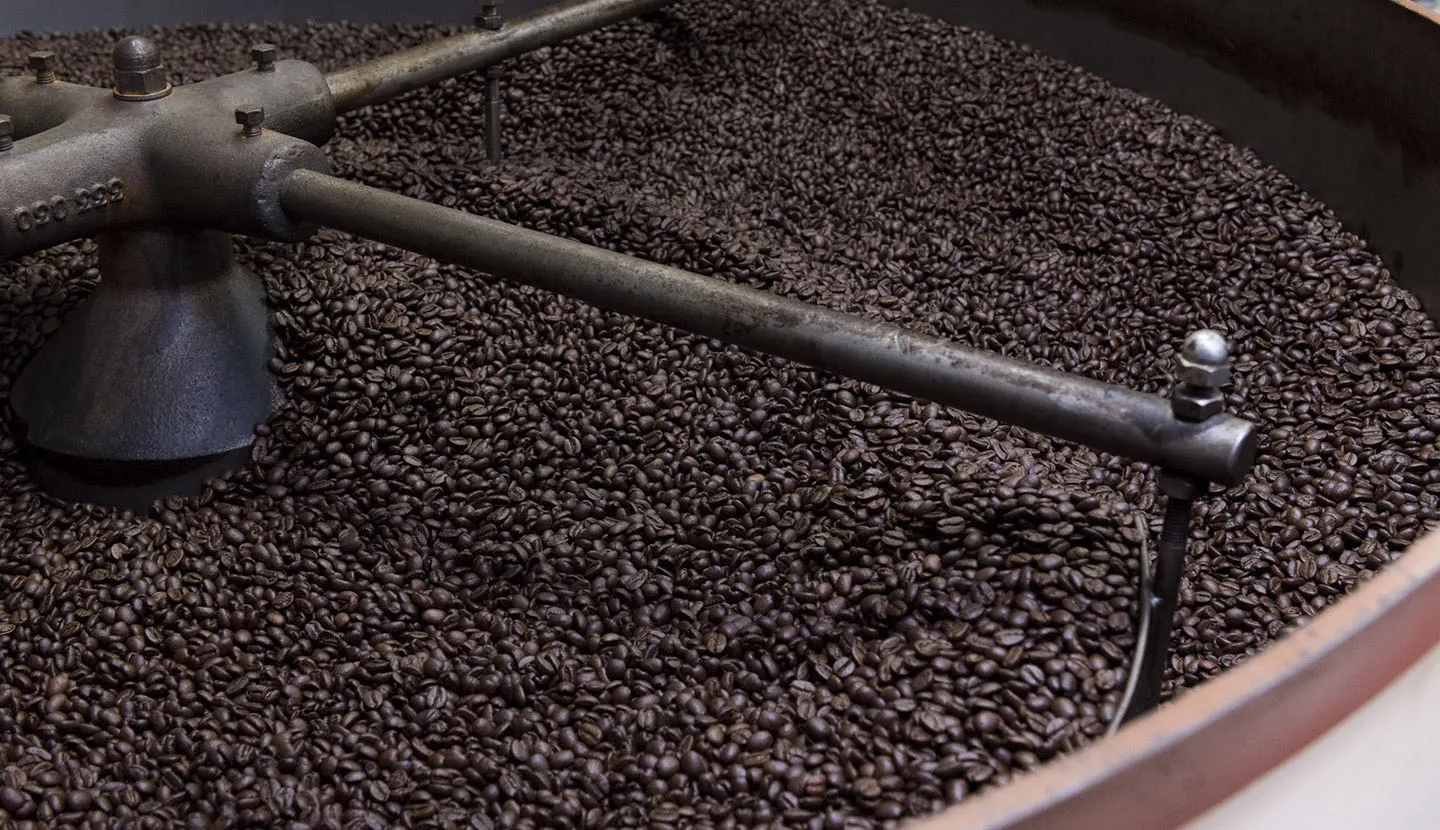Nestlé uses Starbucks trademarks under license. Keurig and K-Cup are trademarks of Keurig Green Mountain, Inc., used with permission. Pike Place is a trademark of The Pike Place Market PDA, used under license. NESPRESSO® is a registered trademark of Société des Produits Nestlé S.A. All other trademarks are the property of their respective owners.
The cornerstone of Starbucks ethical sourcing approach to buying coffee is Coffee and Farmer Equity (C.A.F.E.) Practices, which was one of the coffee industry’s first set of ethical sourcing standards when it launched in 2004.
Find out more here: Starbucks C.A.F.E. Practices Approach to Ethically Sourcing Coffee




